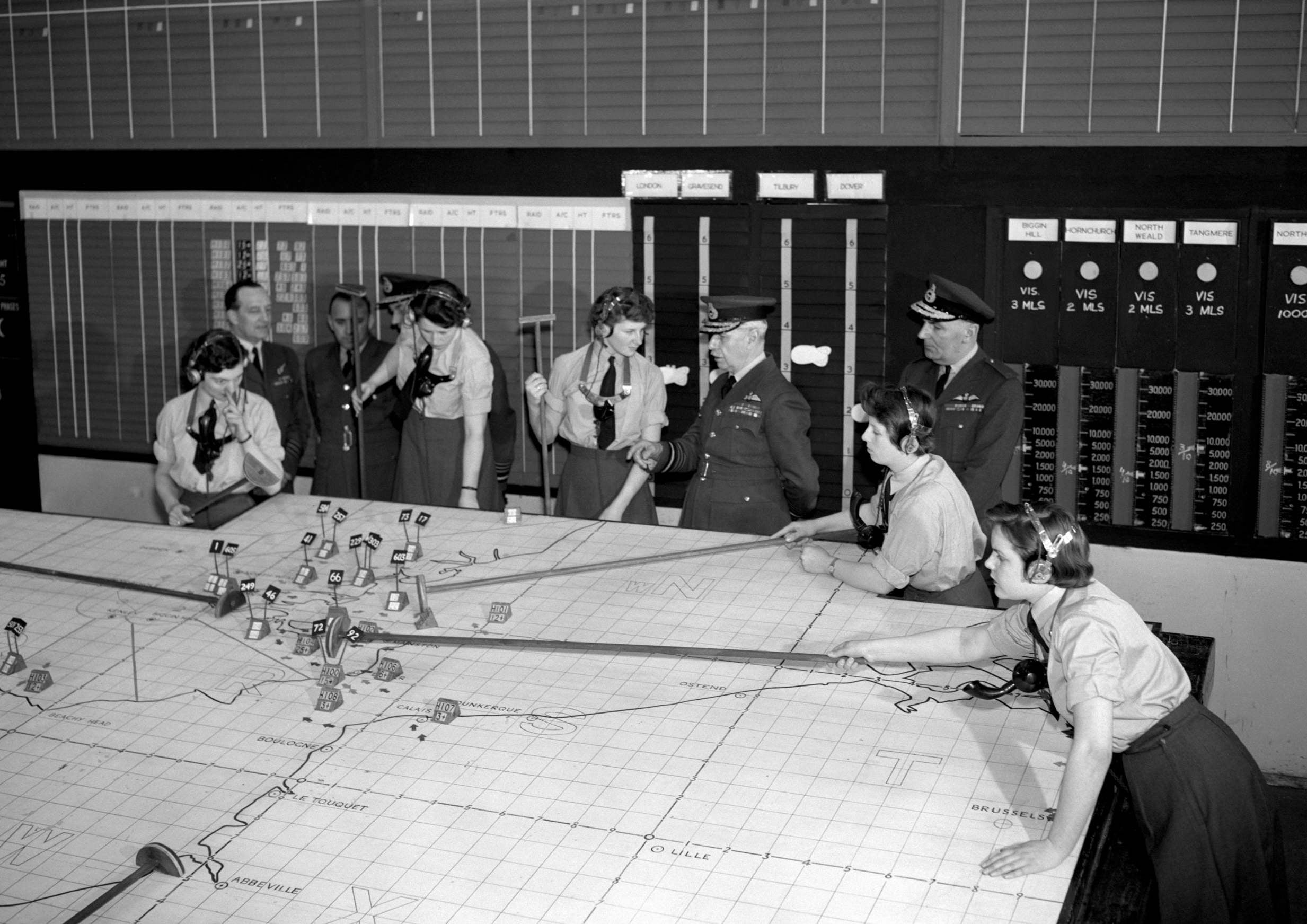‘It was dangerous work’: The forgotten women of the Battle of Britain
Twelve years after women won the right to vote, their place was still thought to be the home. That is, until 50 of the Women’s Auxiliary Air Force helped win the Battle of Britain, writes Mick O’Hare

Air vice marshal Keith Park was unsure. The man whom the Germans would later term “the defender of London” had been informed that women would be working in his operations room deep in the bunker at RAF Uxbridge. The bunker was the nerve centre of Royal Air Force activity during what would become known as the Battle of Britain, which was fought 80 years ago this summer. The German invasion of Britain was imminent and Park was concerned that women at Uxbridge and on operational airfields could come under enemy fire. And while he trusted their accuracy as operatives he wondered how they might react. Would they succumb to stress? Were they up to the rigours of war and the pressure it would bring? What if they left the service and spoke about what they knew? Today, it all sounds a little like stereotyping but in 1940 social attitudes were very different, and this was the first time women had been offered such a prominent role in the war effort. Park was told he had no choice, at which point he demanded three women for every two men they would replace.
By the end of the battle, he had changed his mind. Emphatically. Without you, achieving victory would have been far more difficult, he told them. Their “resolute concentration” even at the most “strenuous of times” was a vital part of the defence of the nation.
Together they had come through an extraordinary few months. When prime minister Winston Churchill addressed the House of Commons on 4 June 1940 he described the mass evacuation of British troops from the beaches at Dunkirk as a “colossal military disaster”, adding on 18 June: “We can assume that the enemy will now turn its attention on us. What General Weygand called the Battle of France is over. I expect that the Battle of Britain is about to begin.” He was, of course, prescient.
Subscribe to Independent Premium to bookmark this article
Want to bookmark your favourite articles and stories to read or reference later? Start your Independent Premium subscription today.
Join our commenting forum
Join thought-provoking conversations, follow other Independent readers and see their replies